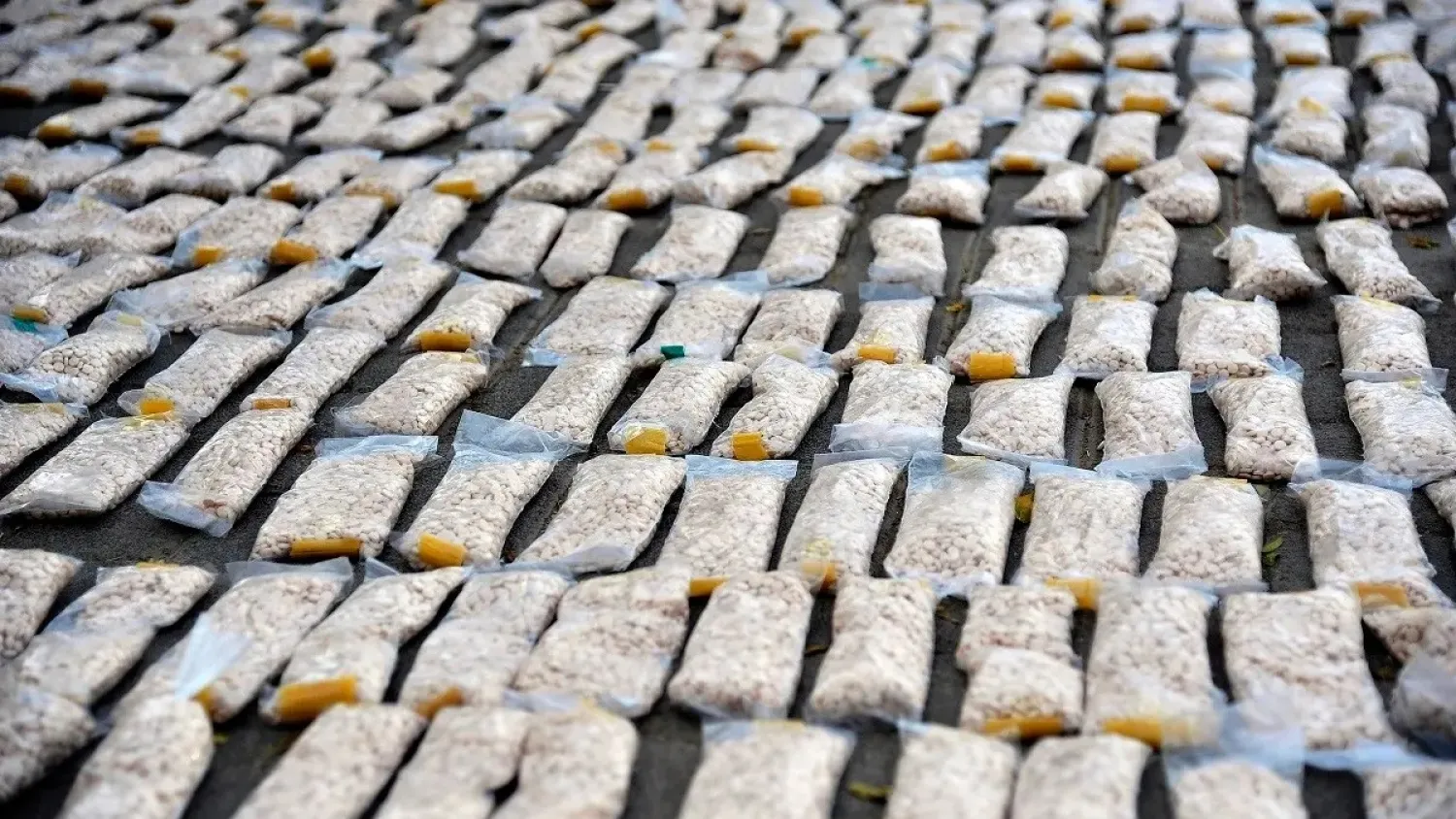Syria on Tuesday condemned the European Union’s new sanctions on Damascus over making and trafficking an amphetamine saying the move was based on lies.
The Syrian Foreign Ministry statement came a day after the EU imposed sanctions on several Syrians, including members of President Bashar Assad’s family, blaming them for the production and trafficking of narcotics, notably the amphetamine Captagon.
“The European Union is repeating its lies,” the foreign ministry said, adding that such sanctions help block the flow of aid, medical equipment and food products into Syria. It called the sanctions “unilateral and illegitimate.”
The EU asset freezes and travel bans were imposed on 25 people and eight “entities” — most of them companies — at a meeting of EU foreign ministers in Luxembourg on Monday.
Syria has denied accusations that it produces and markets Captagon, but the ministry did not provide evidence refuting the EU’s allegations.
Experts say Captagon is primarily produced in Syria and neighboring Lebanon, where packages containing millions of pills are smuggled abroad.
The trade allegedly has strong ties to Assad and his associates, as well as the Iran-backed Hezbollah militant group in Lebanon, a key ally. Assad’s opponents say his government has been using the drug business to fund its crackdown during Syria’s 12-year conflict that has killed half a million people.
The EU also imposed sanctions on private security companies operating in Syria and people working for them.
The bloc’s Syria sanctions now include 322 people and 81 entities.









